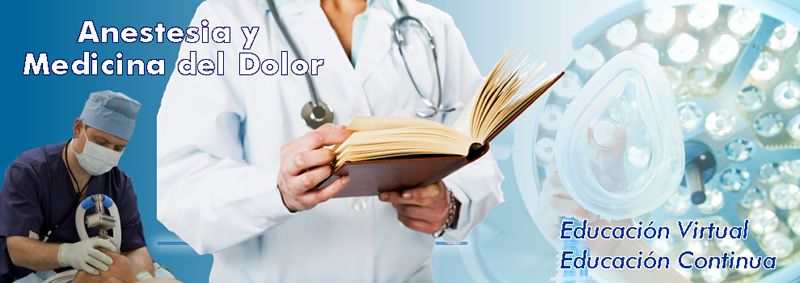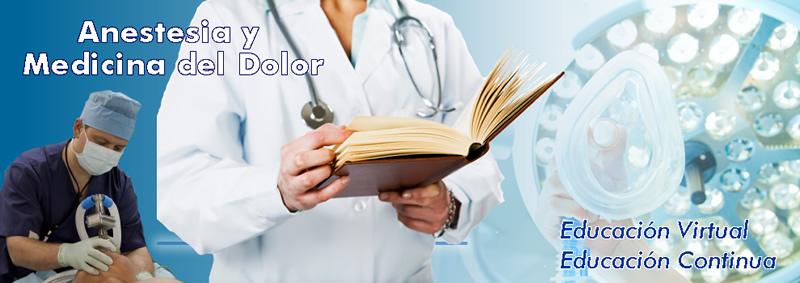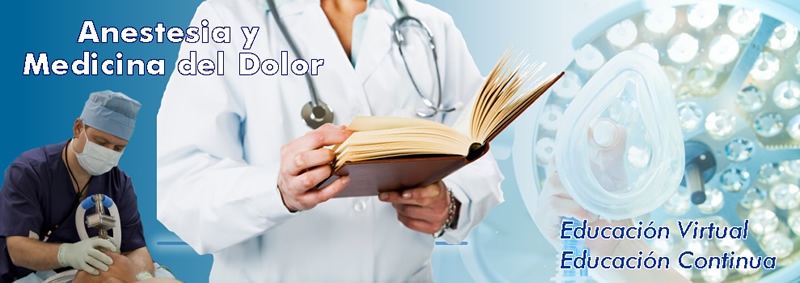| ||||||||||||||
martes, 22 de mayo de 2018
Más de melatonina en UCI / More on melatonina in ICU
lunes, 21 de mayo de 2018
Sueño postoperatorio / Postoperative sleep
| |||||||||||||
Actualización en Reflujo Gastro-Esofágico en Niños
Conferencia: Actualidades en. RGE en pediatria por el Dr Jose Luis martinez Orozco de Fresno Ca
Proxima conferencia el dia 23 de mayo 2018, 9 pm
Estimado Ciberpediatra
lo invitamos a unirse al seminario web Zoom.
Cuándo: may 23, 2018 9:00 PM Ciudad de México
Tema: Actualización en Reflujo Gastro-Esofágico en Niños, por el Dr. José Luis Martínez Orozco
Gastroenterologo pediatra de Fresno Ca.
Haga clic en el enlace a continuación para unirse al seminario web:
https://zoom.us/j/313789104
O un toque en iPhone :
Estados Unidos: +16468769923,,313789104# or +16699006833,,313789104#
O teléfono:
Marcar:
Estados Unidos: +1 646 876 9923 or +1 669 900 6833
ID de seminario web: 313 789 104
Números internacionales disponibles: https://zoom.us/u/dsSfyBEnn
Recomendamos que bajes e instales el programa Zoom en tu computadora, para poder accesar la reunión,
También que dejes tu nombre completo y correo electrónico para tomar asistencia a la conferencia
Pasaremos las preguntas al final de la presentacion y se quedaran al final de la Grabacion, por si la revisan en forma Off Line.
Puedes accesar la conferencia a través de la siguientes ligas en las paginas de Conapeme y Ciberpeds.
Ciberpeds: https://bit.ly/2wSTXHq
Conapeme: https://bit.ly/2tnUcnb
Dr. Enrique Mendoza López
Webmaster: CONAPEME
Coordinador Nacional: Seminario Ciberpeds-Conapeme
Av La Clinica 2520-310 col Sertoma
Monterrey N.L. CP 64718
Tel (81) 83482940, (81)81146053
Cel 0448183094806
Proxima conferencia el dia 23 de mayo 2018, 9 pm
Estimado Ciberpediatra
lo invitamos a unirse al seminario web Zoom.
Cuándo: may 23, 2018 9:00 PM Ciudad de México
Tema: Actualización en Reflujo Gastro-Esofágico en Niños, por el Dr. José Luis Martínez Orozco
Gastroenterologo pediatra de Fresno Ca.
Haga clic en el enlace a continuación para unirse al seminario web:
https://zoom.us/j/313789104
O un toque en iPhone :
Estados Unidos: +16468769923,,313789104# or +16699006833,,313789104#
O teléfono:
Marcar:
Estados Unidos: +1 646 876 9923 or +1 669 900 6833
ID de seminario web: 313 789 104
Números internacionales disponibles: https://zoom.us/u/dsSfyBEnn
Recomendamos que bajes e instales el programa Zoom en tu computadora, para poder accesar la reunión,
También que dejes tu nombre completo y correo electrónico para tomar asistencia a la conferencia
Pasaremos las preguntas al final de la presentacion y se quedaran al final de la Grabacion, por si la revisan en forma Off Line.
Puedes accesar la conferencia a través de la siguientes ligas en las paginas de Conapeme y Ciberpeds.
Ciberpeds: https://bit.ly/2wSTXHq
Conapeme: https://bit.ly/2tnUcnb
Dr. Enrique Mendoza López
Webmaster: CONAPEME
Coordinador Nacional: Seminario Ciberpeds-Conapeme
Av La Clinica 2520-310 col Sertoma
Monterrey N.L. CP 64718
Tel (81) 83482940, (81)81146053
Cel 0448183094806
Anatomía del flexor largo del pulgar
Anatomy of the Flexor Pollicis Longus
Fuente
Este artículo y/o video es originalmente publicado en:
De y Todos los derechos reservados para:
Courtesy: Prof Nabil Ebraheim, University of Toledo, Ohio, USA
Dr. Ebraheim’s educational animated video describes the anatomy of the flexor pollicis longus muscle.
Follow me on twitter:
Categoría
Licencia
Licencia de YouTube estándar
Sueño, melatonina, UCI / ICU, sleep, and melatonine
| |||||||||||||
Tratamiento de lesiones de cartilago de rodilla
Interesante cartel presentado en la ESSKA 2018 en Glasgow Escocia UK, Donde se evidencia mejores resultados con microfracturas + hidrogel vs puras microfracturas sin ningún Scaffold
#ESSKA #SPORTSMEDICINE #ARTROSCOPIA #HYALOFAST #IMPRESION3D#ORTOBIOLOGICOS
Acude con los expertos en lesiones deportivas y de cartilago agenda tu cita  📞
📞 📞
📞 💻
💻 📆
www.findmed.com.mx
www.drhinojosa-artroscopia.com
www.clinicadeartroscopia.com.mx
www.dcorp.com.mx
📆
www.findmed.com.mx
www.drhinojosa-artroscopia.com
www.clinicadeartroscopia.com.mx
www.dcorp.com.mx
Suscribirse a:
Comentarios (Atom)




